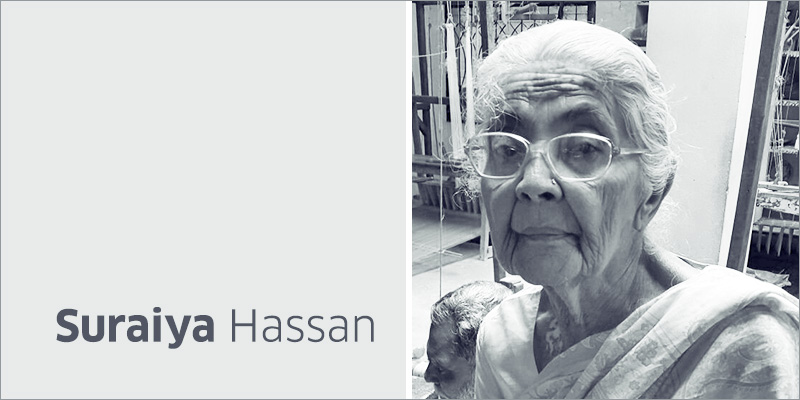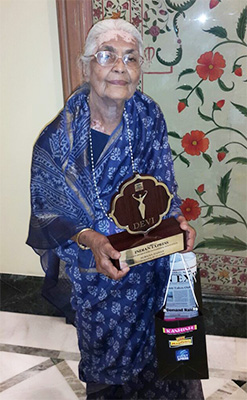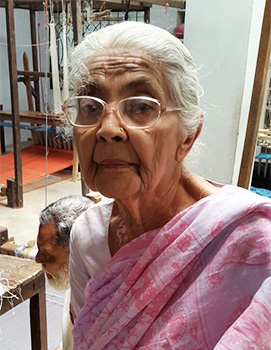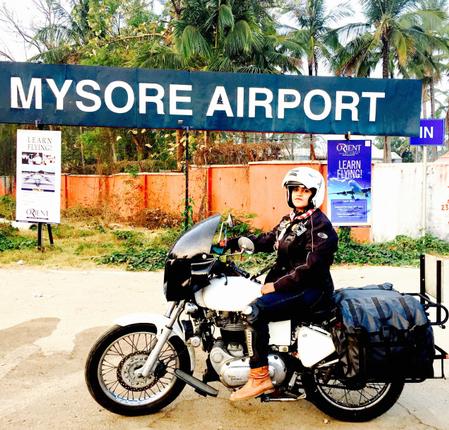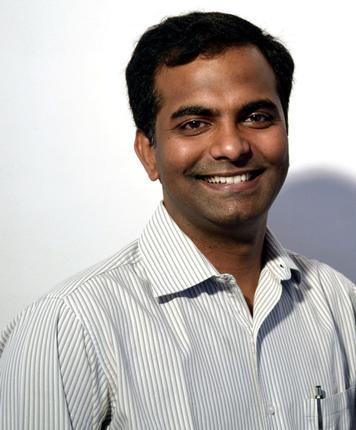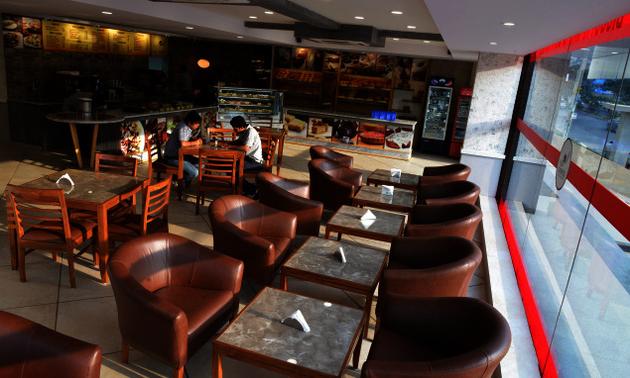Hyderabad, TELANGANA :

A group of women qawwals share their experiences and the issues they highlight in their qawwalis
Hyderabad :
Away from the hustle and bustle of the bazaars in Charminar, a quiet lane in Sultanshahi resonates with qawwal claps and inside Shaheen Resource Centre, the chatter and laughter of young girls fills the air.
Amidst the harmonium preludes, the group wearing cheery yellow duppattas and feather caps sing a qawwali — Kab tak mera maula, dil mera pukara hai, shaadi meri marzi se kabhi hoti nahin hai, mujh ko kya pasand hai koi poochta nahin hai... Clearly this is not a regular qawwali where singers confine their performances to a spiritual context. The lyrics here carry a message that’s contemporary and temporal though it’s packaged in familiar qawwali tunes.
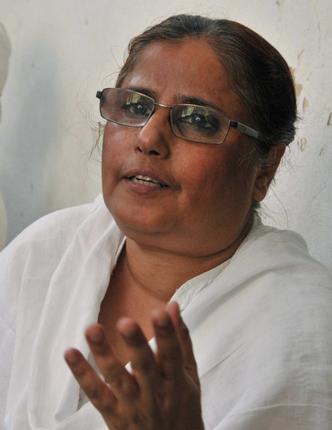
Jameela Nishat, the founder of Shaheen talks about using qawwali as a beacon of change. “Women are not given space in public; they are allowed to write poetry but not allowed to perform in public. This is our effort to bring a change in that mindset,” she shares.
A feminist Urdu poet who writes the songs which depicts reality, Jameela encourages women to take a step towards this change. As a result, the group from Shaheen has performed qawwalis at schools, colleges and other events for three years now.
Sania Fatima, a staff teacher and volunteer, shares the impact of qawwalis. “When we perform for special days like a Mother’s Day or Women’s Day, we intersperse the songs with messages like ‘beti bachao beti padao’ and highlight the abuse women face daily in their lives. The response is amazing as qawwalis are enjoyed by all,” she points out. Some popular tunes of classics like Tere mehfil mein kismet, aajmaake hum bhi dekhenge from Mughal-E-Azam have been used with lyrics changed to highlight contemporary social issues.
Tackling themes like dowry, education, taking care of one’s health, being independent and making life’s choices; lyrics in the songs asks tough questions. Sultana, who is a graduate, believes qawwalis can be used as instruments of change.
Zehra Jabeen recalls the experience of performing qawwali recently during the ‘Salaam Telangana’ event at Ravindra Bharati. “The crowd was restive and making lots of noise; it did not stop even when we started the qawwali. But within a few seconds, there was pin drop silence and they heard us with full attention.” .
It is a mixed group, comprising members of various ages and stages in life. A first year student Swati Kulkarni is also part of the group. “I have knowledge of music but singing a qawwali was new. Everything, from the costume, changing one’s voice, to singing in rhythm to the claps was different,” she smiles. The cheerful group looks forward to the qawwali performances.
“It is a big challenge to come out and stand courageously on a platform to sing. We hope our songs inspire many others too,” chips in Sania, the lead singer, and adds, “We brush aside minor issues of high notes and low notes. We make our voices heard as a group.”
The rehearsals for a forthcoming performance over, the girls break into a smile. “When we wear the costume and sing in rhythm, we feel so excited that we forget the world.”
(The group is performing as part of World Music Day celebrations at Goethe Zentrum on June 26; Entry: Free)
source: http://www.thehindu.com / The Hindu / Home> Features> Metroplus / by Neerja Murthy / Hyderabad – June 24th, 2016
